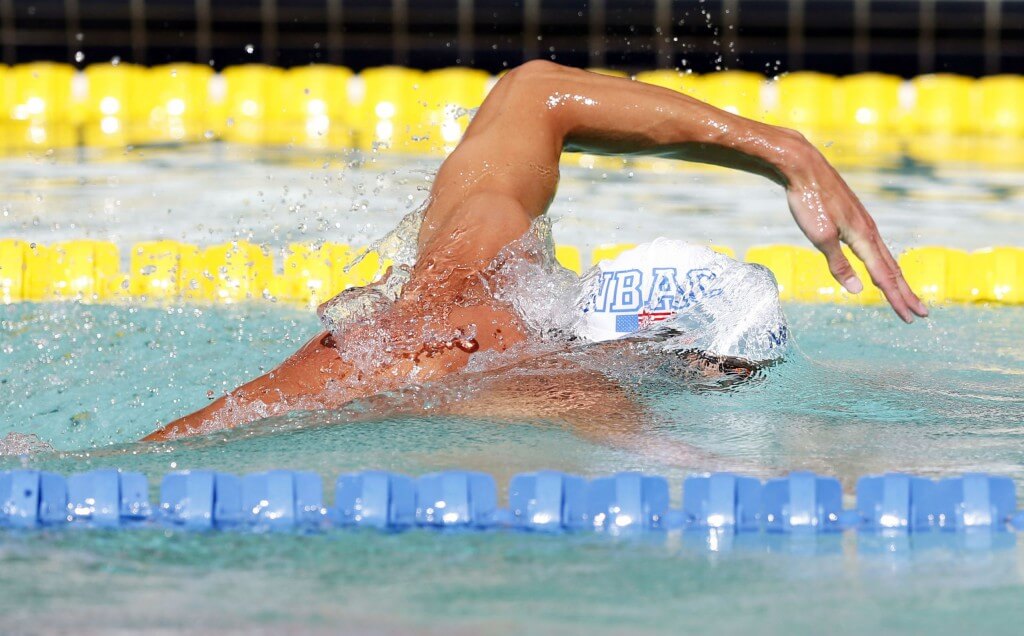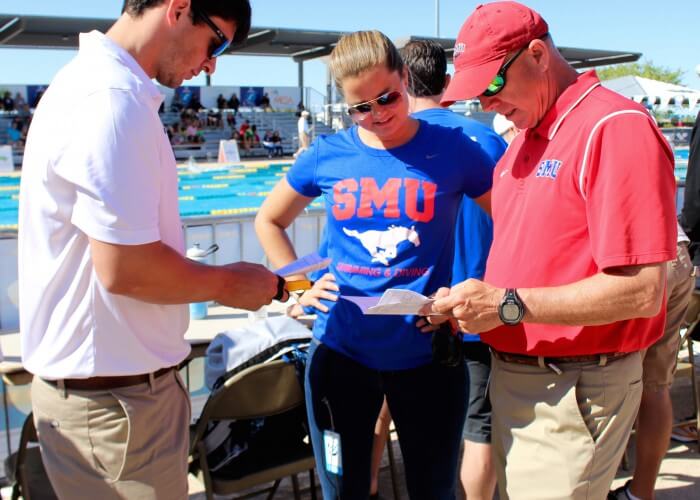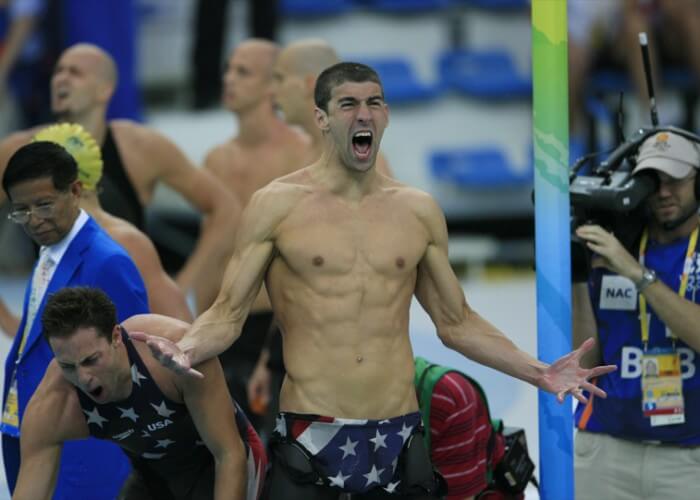Breaking Bad…Habits: 3 Tips to Creating Faster and Better Norms

By Nikki Cannon, Swimming World College Intern
“She keeps correcting my turns, and it’s just so annoying! I’m never going to be great at turns, so what’s the point?”
This statement comes from old roommate, expressing frustration that our college coach was consistently correcting her turns in the 200 butterfly. She was a senior and almost done with her swimming career. I completely understood where she was coming from, as I shared similar sentiments. In a sport that is dictated by repeating countless actions, it’s easy to get into bad habits.
The trouble is, often, we don’t even see these habits as habits, but rather part of our personal character.
“I’m not good at starts, I have a lousy catch,” the list can go on forever. The trick is to catch these habits, and replace them with more helpful actions. So regardless of what you are working on, here are three helpful tips to breaking bad habits…
1. Recognize What Needs to be Fixed
What can be so insidious about our norms in swimming is often times we don’t even realize what we are doing. I remember going into college, my coach would tell me that I look at the wall going into a turn, instead of just keeping my head tucked. But no matter how many times she told me that, I didn’t believe her. I just couldn’t feel it. After all, I had been doing this movement for over a decade, it was impossible to feel that I had somehow been doing my turns incorrectly all along.
It was not until I saw myself on video that I finally connected the dots. Maybe seeing yourself on camera is what you need to recognize what is happening in your swimming, or maybe it’s just another pair of eyes. Ask a teammate to tell you what they see in your stroke, or ask another coach. We often get so bogged down hearing the same critique again and again that it tends to fall on deaf ears. Once you know what needs to be fixed you can start making real changes.
2. Realize What Should Be Happening
In the last example I gave of my turns, the alternative to lifting my head at the wall is somewhat obvious; I should tuck my head. But what about if your crossing over on your freestyle pull? It’s easy to say, “don’t do that,” but it is much harder to recognize what should be occurring. A question I often found myself asking when receiving feedback was, “What am I doing wrong? And what should I be doing?”
It’s important to see that there are other ways of moving through the water, blasting off the blocks, or going into a turn. Sometimes it is simply not enough to be told what should be happening. Maybe you need to see an example of what a prime catch looks like, or work with and expert breastroker on your team to perfect your kick. Once you realize what your swimming should like you can start making moves to being truly successful!
3. Never Think it’s too Late
I started this article with a little story about my old roommate, but the truth is, thinking you’re too far into swimming to make a change is hardly reserved for swimmers nearing the end of their career.
“But I already qualified for state, or sectionals or nationals, or I already signed to swim at a fast college, or….” the list can go on forever.
The truth is even the most elite of swimmers are constantly breaking bad habits, fixing their strokes or perfecting other aspects of their swimming. Life, not only swimming, is constantly changing and evolving. In order to reach your potential in swimming, you must learn to make changes, to learn new things, strive to constantly be learning.
Never think you are too old or too accomplished to fix something. You can always get better. The quicker you realize this, the closer you will be to accomplishing goals you once thought out of reach.







Thank heaps
Thank heaps
Excellent article, old habits are always hard to feel or break
Anais nice article!